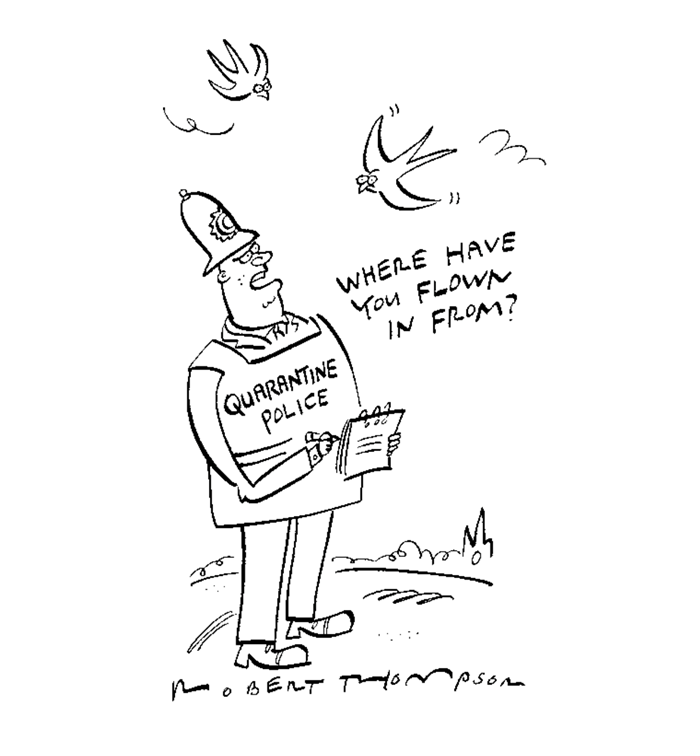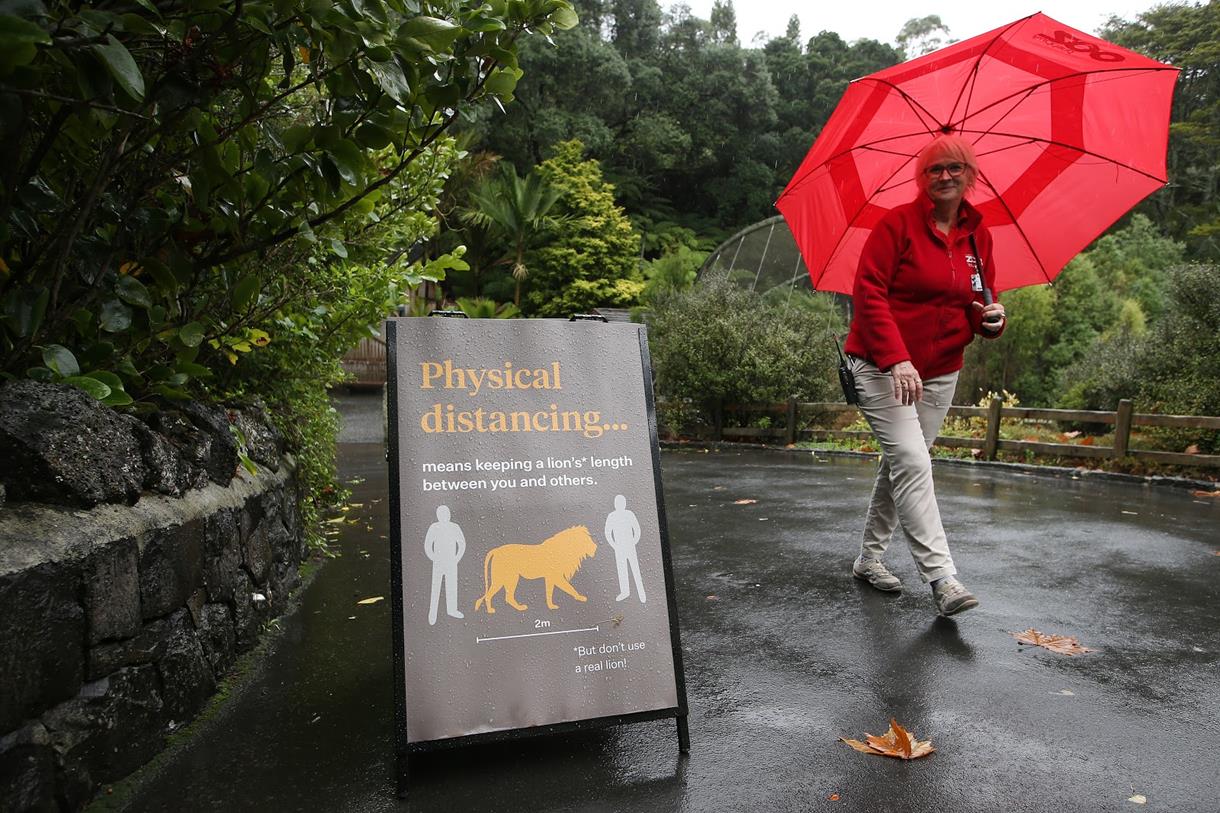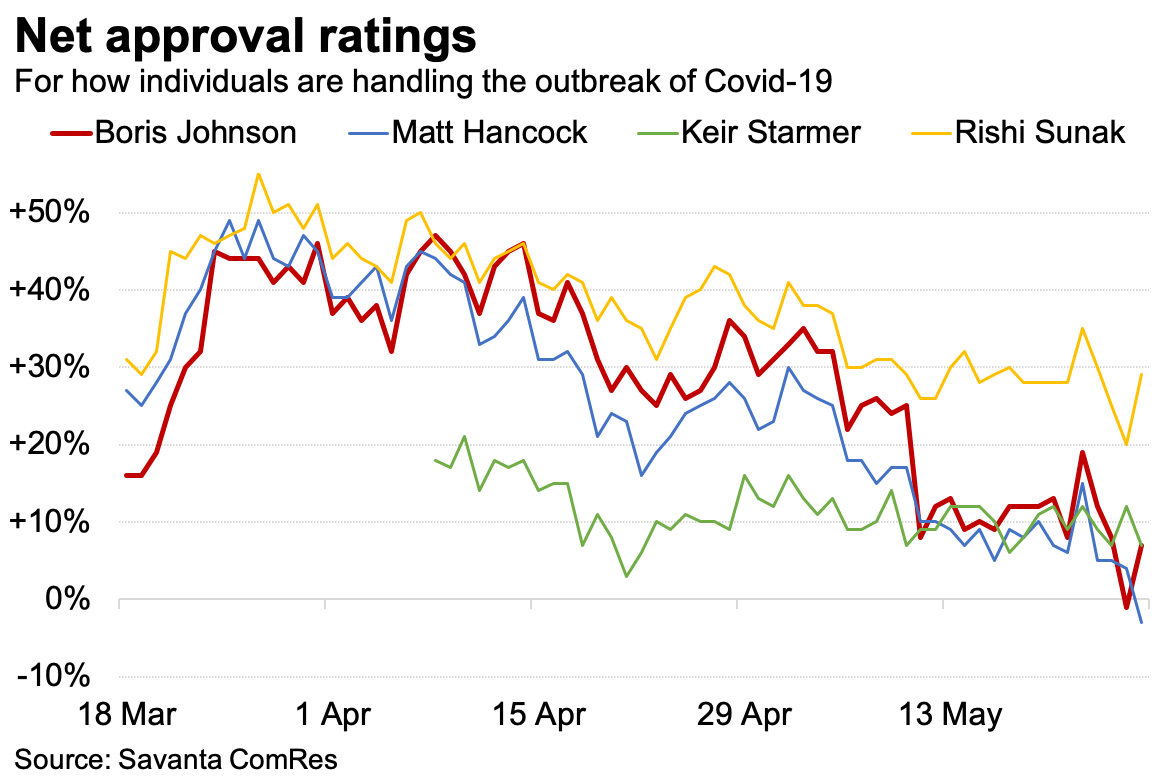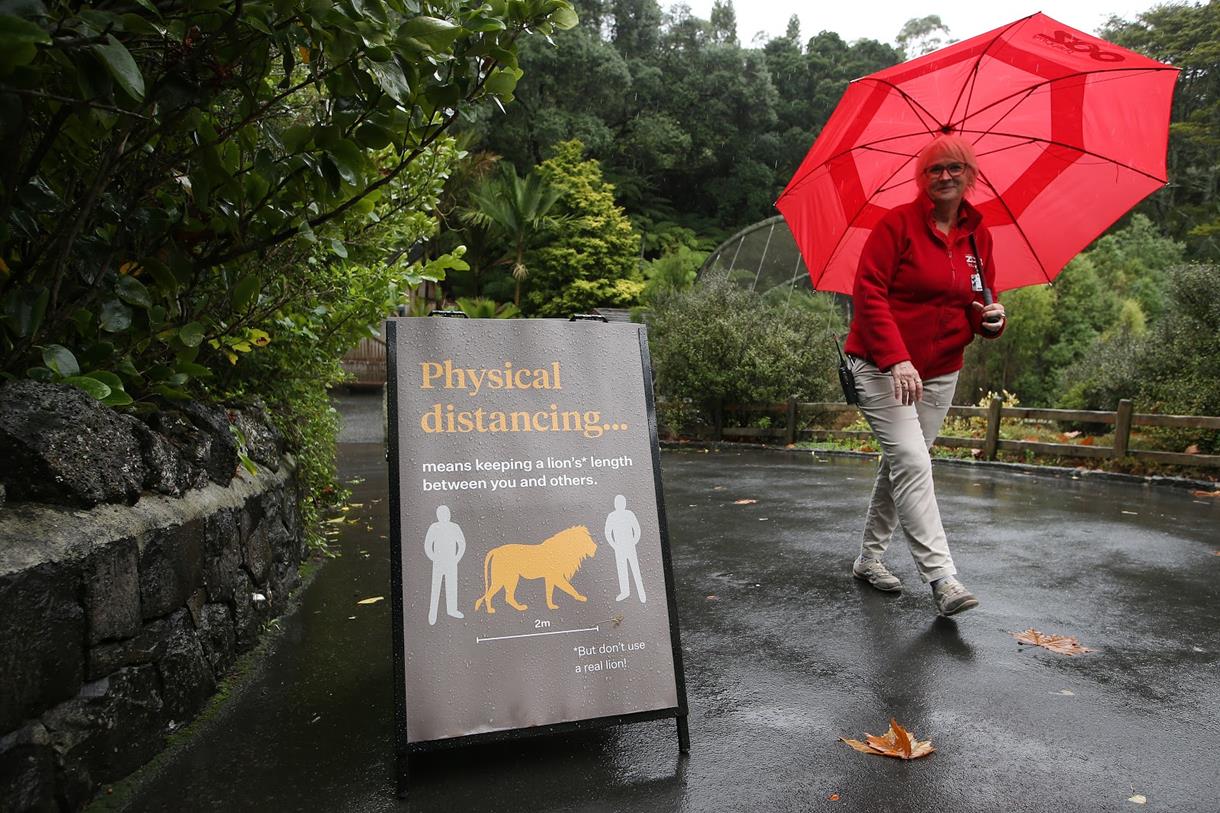The Spectator brings you the latest insight, news and research from the front line. Sign up here to receive this briefing daily by email, and stay abreast of developments both at home and abroad.
News and analysis
- Boris Johnson will face questions from senior MPs on the Liaison Committee amid the Dominic Cummings fallout. The PM is also expected to launch the UK’s track-and-trace programme this evening.
- Some 8.4 million employees have been furloughed, an increase of 400,000 in one week.
- Local lockdowns could be used to suppress future outbreaks of Covid-19 in the UK.
- Two different households will be able to mix outdoors next month, according to the Telegraph.
- The Covid drug remdesivir will be made available on the NHS. Ross Clark wrote about the medication on Coffee House last month.
- The domestic abuse charity Refuge has seen a 957 per cent rise in visits to its website and a 66 per cent increase in calls over the last two weeks of lockdown.
- Childline, the support line run by the NSPCC, is holding a counselling session with a young person every five minutes during lockdown. Some 16,644 sessions were held between 23 March and 10 May.
- The Queen has given Boris Johnson permission to exercise in the grounds of Buckingham Palace

Lockdown was not needed to tame Covid, says Norway
Norway is assembling a picture of what happened before lockdown using observed data – hospital figures, infection numbers and so on – to assess the situation in the country in March. At the time, no one really knew. It was feared that Covid was rampant with each person infecting two or three others – and only lockdown could stop this exponential growth by cutting the R number to 1 or lower. But the country’s public health authority has published a report with a striking conclusion: the virus was never spreading as fast as had been feared and was already on the way out when lockdown was ordered. ‘It looks as if the effective reproduction rate had already dropped to around 1.1 when the most comprehensive measures were implemented on 12 March, and it would not take much to push it down below 1… We have seen in retrospect that the infection was on its way out.’
This raises an awkward question: was lockdown necessary? Could voluntary social distancing alone have achieved the same outcome? Camilla Stoltenberg, director of Norway’s public health agency, has given an interview where she is candid about the implications of this discovery. ‘Our assessment now, and I find that there is a broad consensus in relation to the reopening, was that one could probably achieve the same effect – and avoid part of the unfortunate repercussions – by not closing. But, instead, staying open with precautions to stop the spread.’ This is important to admit, she says, because if infection levels rise again – or a second wave hits in the winter – you need to be brutally honest about whether lockdown proved effective.
Norway’s statistics agency was also the first in the world to calculate the permanent damage inflicted by school closures: every week of classroom education denied to students, it found, stymies life chances and permanently lowers earnings potential. So a country should only enforce this draconian measure if it is sure that the academic foundation for lockdown was sound. And in Stoltenberg’s opinion, ‘the academic foundation was not good enough’ for lockdown this time. The leading article in the new Spectator, out tomorrow, argues that Britons deserve the same candour.
** A message from Facebook **
Do you know a small business in need of extra support?
It’s a challenging time for small businesses in communities across the country. Facebook’s Business Resource Hub offers free tools to help you manage your business, support your customers and employees, and connect with other business owners who are facing similar challenges.
From information on how to bring your business online, to setting up a customer service plan, Facebook’s Business Resource Hub has you covered.
Visit our Business Resource Hub
Photo: A lion apart

In words
Our assessment now… is that we could possibly have achieved the same effects and avoided some of the unfortunate impacts by not locking down, but by instead keeping open but with infection control measures.
– Camilla Stoltenberg, the head of the Norwegian Institute of Public Health, on how Norway could have controlled Covid-19 without a lockdown
Mothers losing out to lockdown
Who is losing out most from lockdown? We’re familiar with the new inequalities exposed by staying inside: those who have a garden, a good internet connection or the luxury of childcare on-site have had a far better time than those who don’t. But as more data rolls in, the toll of lockdown is revealing itself to have hit certain groups much harder than others.
Last week the Resolution Foundation revealed that young people in work were being disproportionately hit by unemployment: a third of 18- to-24-year-olds in work have either been furloughed or lost their job, compared with one in six prime age adults. Today, the Institute for Fiscal Studies releases more data, showing the inequalities of the lockdown effect. In the breakdown between opposite-gender parents, mothers have taken a bigger economic hit than fathers on almost every measurement: ‘Mothers are 23 per cent more likely than fathers to have lost their jobs (temporarily or permanently) during the current crisis… 47 per cent more likely than fathers to have permanently lost their job or quit, and they are 14 per cent more likely to have been furloughed.’
Unsurprisingly, the effect of economic hibernation has been to push groups already known to be more vulnerable in the workplace into more uncertainty. With 8.4 million employees now on the UK’s furlough scheme, and 2.1 million already out of work, the country is on track to reach unemployment levels it hasn’t seen since the 1980s – and things could get a lot worse. It appears that many of those who will inevitably lose their jobs will be those who already faced an uphill battle at work, worsening the equality of opportunity gap.
Global news
- Face masks are among the items to have washed up on Sydney’s beaches after 40 containers fell off a ship last weekend.
- Residents in Singapore can collect free face masks from 400 vending machines across the island.
- Meanwhile Poland will no longer make face masks compulsory in public from 30 May.
- Spain today begins 10 days of national mourning for victims of the Covid-19 outbreak.
- The Grand Bazaar in Istanbul, one of the world’s oldest and most visited markets, will reopen on Monday. Meanwhile Las Vegas will reopen its casinos on 4 June and the Portuguese island of Madeira will welcome international tourists from 1 July.
- Some 2.4 million more children will return to schools in South Korea today.
- New guidelines for amusement parks in Japan have asked visitors not to scream on roller coasters. ‘Ghosts’ in haunted houses have also been told to respect social distancing with their victims.
Our latest podcast
Research: Something in the water
A study led by Jordan Peccia at Yale University has raised the intriguing possibility of an early warning system for Covid outbreaks. Between 19 March and 1 May his team collected samples of sludge from the sewage system serving the 200,000 residents of the urban area of New Haven, Connecticut, and analysed them for levels of RNA from Sars-CoV-2, the virus which causes Covid-19. During that period levels varied enormously from between 1,700 to 460,000 copies of RNA. They then compared this with test results and hospital admissions for the area and found a remarkably close correlation: whatever happened to RNA levels in sewage was followed very closely three days later in hospital admissions and seven days later in positive test results in the general population.
Read more from Ross Clark on Coffee House.
Datawatch

Coronomics
- Shoppers in Britain spent a record £1.2 billion buying groceries online over a four-week period in April and May. Total grocery sales rose 14.3 per cent in the 12 weeks to 17 May, the fastest rise since records began.
- Some 2.3 million self-employed workers in the UK have claimed £6.8 billion in income support during the pandemic.
- Retailer Halfords will fully reopen its 53 stores with social distancing measures. Meanwhile, John Lewis has announced it will open up 13 stores by 18 June.
- Investment in global energy will fall by $400 billion because of the pandemic, according to the International Energy Agency.
- Some 34 per cent of Americans are showing signs of clinical anxiety, depression or both during the pandemic.
- The French economy could contract by 20 per cent in Q2 (following a 5.8 per cent slump in Q1), according to the country’s national statistics bureau.
- The EU is to announce a €750 billion EU recovery package while Japan will propose a new stimulus package worth $1.1 trillion.
- Adults in the UK have spent an average of two hours and 53 minutes every day watching TV or streaming video during lockdown. The ONS says this compares to an average of 16 minutes contacting friends and family, and 28 minutes reading.
More from The Spectator
What the Dominic Cummings saga tells us about lockdown – Dr John Lee
Boris Johnson will regret standing by Dominic Cummings – Nick Cohen
Why Boris Johnson needs Dominic Cummings – Robert Peston
The mystery of Japan’s Covid success – Philip Patrick
Coronavirus is bad for the young but they won’t be the worst hit – Mary Dejevsky
Self-isolation tips from Spectator Life
8 TV shows to watch ahead of the U.S. Election – Robert Jackman
Bookish cakes: from Proust to Barbara Pym – Flora Watkins
Home school club: can you get this Bill Gates maths joke? – Mark Mason







Comments